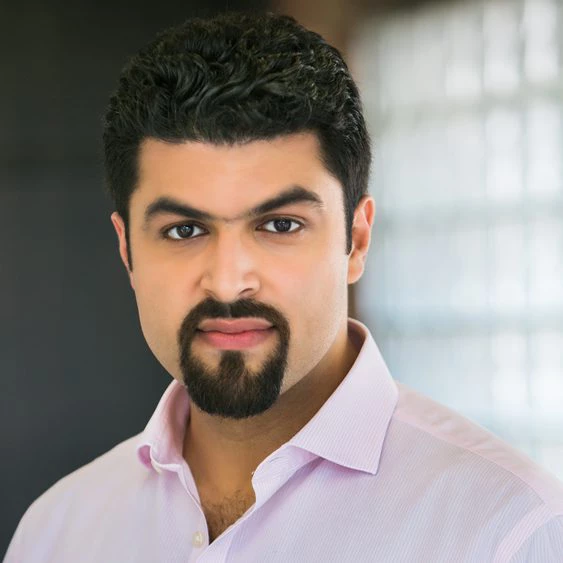Globally, there are over 98 mobile subscriptions per 100 people, so the chances are, you have a cell phone. Now look at your recent calls, both sent and received: Who do you call most often? Who calls you the most? Do you send, or receive more calls? All this is cell phone metadata: not the content of the calls, but ancillary information, the “who, where and when”.
It’s information that can reveal a lot about you. Your cellphone carrier already uses it to bill you, and may also be using it to target marketing or special offers at you. And with appropriate privacy protections, it can offer researchers a similar opportunity. In this week’s episode of Between 2 Geeks we ask how cellphone metadata (“call detail records”) can help researchers understand entire societies.
We speak with Prof. Joshua Blumenstock from the School of Information at the University of California, Berkeley. He has spent much of his career looking for ways in which this kind of social big data can be used in development. For example, he used metadata to understand how mobile money provided a support mechanism in Rwanda, in the aftermath of the 2008 Lake Kivu earthquake. He’s also using it to understand the impact of migration and urbanization on ethnic segregation in Estonia.
Using metadata like phone records brings its own challenges and considerations. For one thing, although cellphones are nearly ubiquitous, voice calling is in decline, as “over-the-top” messaging services like Whatsapp, WeChat and Viber grow in popularity, making the metadata techniques we discuss less powerful. And although it didn’t make the podcast, privacy is a major area of discussion. Benefits from research must be balanced against risks to individual privacy, and new models are emerging to support this.
Regardless of how these challenges evolve, it seems certain that this kind of research using large-scale social data will continue to grow – offering new insights into human behavior that can translate into concrete policy.
This episode of Between 2 Geeks is hosted by Tariq Khokhar & Andrew Whitby, and produced by Richard Miron. You can chat with us on twitter with the hashtag #Between2Geeks, listen to more episodes on the World Bank Soundcloud Channel and subscribe to “World Bank’s Podcasts” in your podcast app or on iTunes.



Join the Conversation